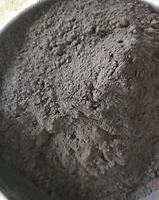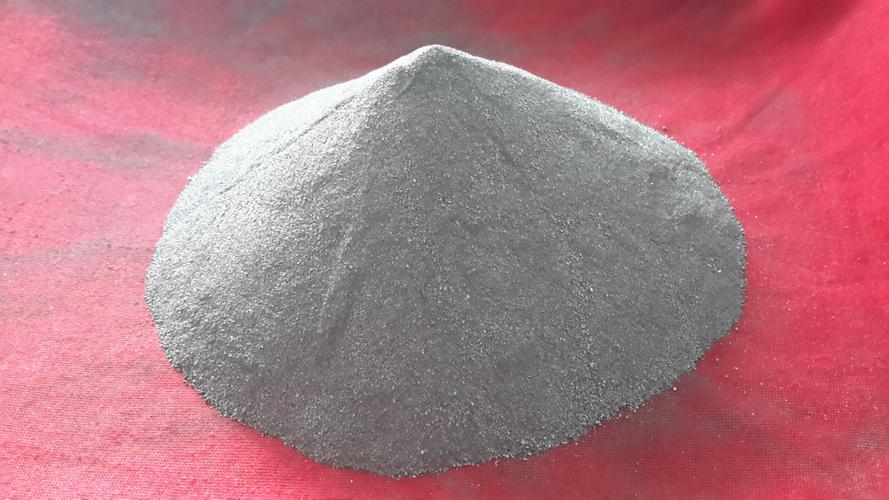Overview of Ruthenium Based Noble Metal Oxide Titanium Anode
Titanium (Ti) is a chemical element with the atomic number 22 and is symbolized as Ti on the periodic table. It belongs to the transition metals group and is known for its low density, high strength-to-weight ratio, and exceptional corrosion resistance. Discovered in 1791 by William Gregor, titanium has become a vital material across numerous industries due to its unique combination of properties.
Feature of Ruthenium Based Noble Metal Oxide Titanium Anode
-
Low Density and High Strength: Titanium is about 45% lighter than steel but possesses similar strength, making it ideal for applications where weight reduction is critical without compromising strength.
-
Corrosion Resistance: It forms a passive oxide layer that protects the underlying metal from corrosive substances, including sea water and chlorine, making it highly resistant to corrosion.
-
Biocompatibility: Titanium is well-tolerated by the human body and doesn’t cause adverse reactions, which is why it’s widely used in medical implants and surgical instruments.
-
Heat Resistance: With a melting point of 1,668°C (3,034°F), titanium can withstand high temperatures, making it suitable for aerospace and automotive applications.
-
Non-Magnetic and Non-Toxic: These properties make titanium ideal for applications in MRI machines and other sensitive electronic devices.
-
Fatigue Resistance: Titanium demonstrates excellent resistance to metal fatigue, crucial in cyclic loading applications such as aircraft parts.
.

(Ruthenium Based Noble Metal Oxide Titanium Anode)
Parameters of Ruthenium Based Noble Metal Oxide Titanium Anode
Titanium-based noble metal oxide titanium anodes are materials with high reactivity and catalytic properties, making them ideal for use in a variety of applications such as fuel cells, air purification systems, and electrochemical devices. Some key parameters that can be used to determine the performance of a titanium-based oxide titanium anode include its surface roughness, porosity, resistance to corrosion, electrical conductivity, and resistance to flame corrosion.
One of the most important parameters is the surface roughness of the titanium-based oxide titanium anode. A rougher surface can improve the catalytic activity by allowing more time for impurities and gas molecules to react with oxygen, which increases the rate of oxidation. Additionally, a rougher surface can improve the anode’s efficiency by reducing the amount of energy required to complete a reaction.
Porosity also plays a significant role in determining the performance of a titanium-based oxide titanium anode. Porosity can affect the ability of the anode to bind onto and remain on various materials, including metals, plastics, and ceramics. High porosity anodes tend to be more efficient and able to accept larger amounts of oxygen, which their high capacity.
Resistance to corrosion is another important parameter that can be used to evaluate the performance of a titanium-based oxide titanium anode. Corrosion can occur due to different types of chemicals and interfaces between the anode and the surrounding material, so it is essential to choose an anode that is resistant to corrosion. Alternatively, anodized surfaces may require regular cleaning or maintenance to maintain good corrosion resistance.
Electrical conductivity is another critical parameter that can affect the performance of a titanium-based oxide titanium anode. High electrical conductivity allows for easier electrons to pass through the material, which promotes faster rate of. Additionally, anode temperatures can impact the electric conductivity of anode, so it is essential to optimize the temperature control of anode design to ensure optimal performance.
Finally, resistance to flame corrosion is an important parameter to consider when evaluating the performance of a titanium-based oxide titanium anode. corrosion occurs when the anode comes into contact with heat or electrical sparks, leading to damage to the material. Therefore, an anode must be designed with features that minimize the risk of fire corrosion to maintain the high performance of the anode.
In conclusion, factors such as surface roughness, porosity, resistance to corrosion, electrical conductivity, and resistance to flame corrosion can all play a significant role in determining the performance of a titanium-based oxide titanium anode. By carefully choosing and controlling these parameters, developers can develop an effective and cost-effective titanium-based oxide titanium anode that meets the specific needs of their application.

(Ruthenium Based Noble Metal Oxide Titanium Anode)
Company Profile
Metal in China is a trusted global chemical material supplier & manufacturer with over 12-year-experience in providing super high-quality copper and relatives products.
The company has a professional technical department and Quality Supervision Department, a well-equipped laboratory, and equipped with advanced testing equipment and after-sales customer service center.
If you are looking for high-quality metal powder and relative products, please feel free to contact us or click on the needed products to send an inquiry.
Payment Methods
L/C, T/T, Western Union, Paypal, Credit Card etc.
Shipment
It could be shipped by sea, by air, or by reveal ASAP as soon as repayment receipt.
FAQ

(Ruthenium Based Noble Metal Oxide Titanium Anode)





